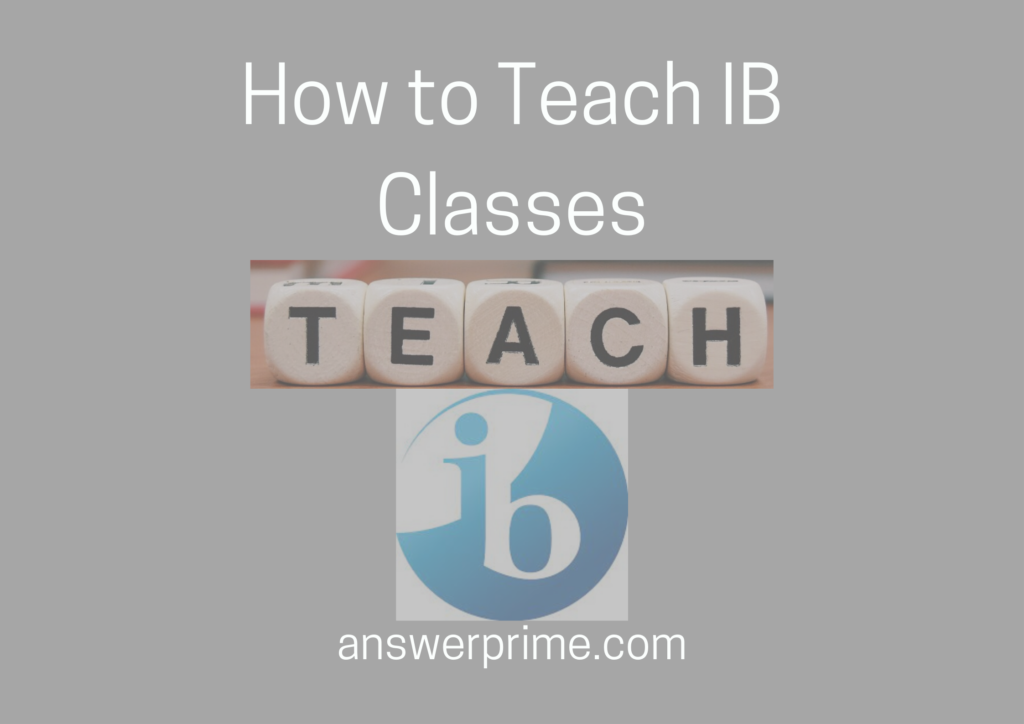All students are chasing behind good grades, but only a few can make it to the top of the rankers list. Not because they have extraordinary intelligence, or are ultra-smart, or have a better IQ, but because they work extra hard, manage the time perfectly, are well disciplined, eat healthily, attend the classes regularly, do not get carried away with distractions, and are completely responsible for their grades. Such students can become successful students and also successful learners.
Being a successful learner is not just about being a bookworm or studying a lot, but it is about building a complete mindset that always keeps a person to be encouraged and excited about gaining knowledge. Developing certain habits and qualities like being punctual, being honest, being responsible, leading a healthy life, keeping a distance from distractions, investing time in fruitful outcomes, attending extra classes for extra credits, completing notes on time, paying complete attention in class, keep the main goal of student life as studies and behaving accordingly. Below are a few tips to become a successful learner as well as a successful student :
- Developing a competent schedule for time management
- Discovering an ideal study environment or space
- Finding out which learning method suits best
- Enjoying learning process with short breaks
- Making learning a creative and innovatory concept
- Being consistent with learning practice
- Learning at one’s own pace

1. Developing a competent schedule for time management
Planing out a study schedule in advance, or creating a study plan can help in achieving set goals and completing studies on decided timelines and before the exams. It can also provide time for revisions and makes a student more confident, punctual, responsible, and a successful learner. Time management is the first and most important step towards being a responsible individual. One can gradually learn and manage time according to the priority of work. Managing and dedicating time is very much important. One can create a study schedule and manage time by keeping certain points in mind:
- Learning the basics and going for deeper concepts.
- Including learning into daily routine.
- Including learning in the daily to-do’s list.
- Being affirmative towards learning can help in developing a passion for learning.
- Preparing a timeline for all tasks and making it on time.
- Being aware of all kinds distractions and being away from them.
2. Discovering an ideal study environment or space
Finding a desk or spot that is far away from disturbances like hallways, corridors, lobbies, doors, elevators, stairways, public places, crowded spots, or any spot with distractions like the constant movement of people. Establishing a regular study spot helps the brain to condition accordingly and alerts the brain to focus when one reaches that spot or that environment. One can also choose a place from the places listed below :
- Silent cafes
- Libraries
- Study rooms
- A park
- Terrace
3. Finding out which learning method suits best
Focusing on personal skills for learning is the best way for self-growth, becoming more responsible, confident, motivated and a successful learner. One knows certain strengths and weaknesses of own. Identifying unique study techniques can help a person to find out what kind of learner one is because every individual has a certain technique or strategy of learning that only one can discover or identify. Thus identifying and developing certain unique study techniques can lead to a better study experience. For example,
- Someone is good at remembering through reading.
- Someone else is good at learning through listening
- Someone else might be a visual learner through graphs or pictures
- Someone might be a kinesthetic learner who would prefer learning through practical experiences much more.
4. Enjoying learning process with short breaks
Enjoying the learning process is very important and thus that enjoyment can be received with short breaks. Easing off the mind and body is a very crucial part of learning. One cannot study continuously as the mind and body both feel fatigued. Continuous study sessions or learning something continuously can lead to detachment or boredom towards studying. Thus taking small breaks or creating break windows can lead to better, more interesting, and intriguing learning time. One can take a break in the form of:
- Taking power naps.
- Listening to music or playing games.
- Playing a musical instrument.
- Eating a snack or sipping a bevarage.
- Connecting with social media.

5. Making learning a creative and innovatory concept
Creative concepts always capture a learner’s attention. Making learning a creative concept can be a very modest way of conducting information. A learner can make learning creative by painting, making songs, making a skit, acting out the study concepts, or even making tunes, rhythms, or even mnemonic devices out of the study content. By just paying attention to what a learner is learning, a person can learn all the concepts and become a successful learner.
6. Being consistent with learning practice
Being consistent with learning practice is very important to keep it fresh in the memory. Every gap may lead to a lack in the learning practice as the undone part or chapter may pile up if not learned or revised on that given dedicated time. By doing something repeatedly, one can learn it quickly, so studying consistently can improve the brain’s capacity to retain information for a longer time.
7. Learning at one’s own pace
Learning at one’s own pace is the most important step towards developing a routine for learning. Everyone has their own speed of learning. Someone may take a longer time to learn a certain thing, while for others it is a speedy process. Benefits of learning at one’s own pace:
- It boosts the confidence level.
- It makes a person inquisitive towards learning.
- It can increase learning efficiency.

- 8 Free Medical Schools that take no Tuition Fees - November 16, 2025
- 15 Fastest Ph.D. Programs – Quickest Ph.D. Programs you can enroll into - November 16, 2025
- How to Enjoy Learning - June 13, 2025





